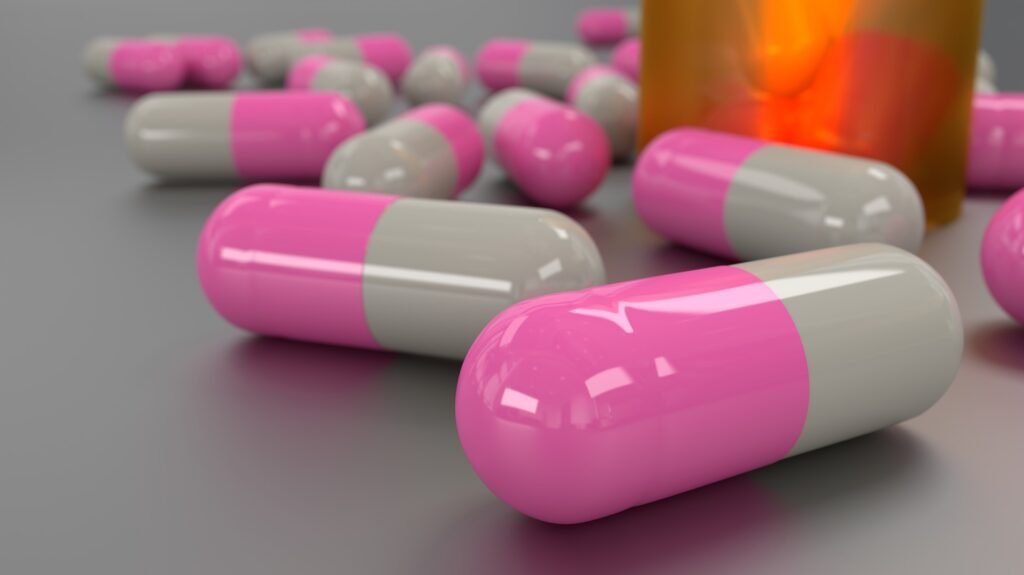The abuse of prescription medication has wreaked havoc globally, and statistics show that pharmaceutical-related addiction is on the rise. While prescription medication is generally beneficial, when taken incorrectly, it can be as detrimental to patients as any other drug addiction. Many prescription medications have the potential to become both psychologically or physically addictive especially when they are taken not as prescribed by a medical professional. The availability of these drugs makes prescription medication addiction a common feature in treating drug addiction.
Teens seem to be especially susceptible to prescription drug abuse. Although teen prescription drug use has been on the radar for years, a growing number of youngsters have started misusing a new generation of antidepressants and anti-anxiety medications. Often, teens can easily gain access to prescription drugs from their parent’s medicine cabinets making these highly addictive drugs even easier to get a hold of and many mix these prescription drugs with alcohol and other drugs.
The most commonly abused prescription drugs fall into three categories. Opioids (prescribed to treat pain; Central Nervous System or CNS Depressants (used to treat anxiety and sleep disorders); and Stimulants (mostly prescribed to treat attention deficit hyperactivity disorder or ADHD.) These include the following generic and brand names:
Opioids
Diphenoxylate (Lomotil)
Fentanyl (Duragesic)
Hydrocodone (Vicodin)
Hydromorphone (Dilaudid)
Meperidine (Demerol)
Morphine Sulfate
Oxycodone (OxyContin)
Oxymorphone (Darvon)
Central Nervous System (CNS) Depressants
Alprazolam (Xanax)
Diazepam (Valium)
Pentobarbital sodium (Nembutal)
Sertraline (Zoloft)
Zolpidem Tartrate (Ambien)
Stimulants
Amphetamines (Adderall)
Dextroamphetamine (Dexedrine)
Methylphenidate (Ritalin and Concerta)
Prescription Drug Abuse Prevention
There are several ways to reduce the risk of prescription drug abuse. One of the most important things is to follow the directions on your medication. Being aware of what the drug can do, it’s contraindications and side effects also help you understand what symptoms should indicate the need for medical attention. If you are taking other medications, discuss them with your doctor. He or she can ensure you are taking the right ones for you and making sure you aren’t taking too many or any that cause problems when taken together. Also, be sure to only take your medication. Never use another person’s medication, even if you have similar medical conditions.
Treatment Options
Withdrawal can often become an issue when dealing with prescription medication abuse. It is important to seek medical advice in this instance or speak to a qualified professional who can advise you regarding this.
The treatment for prescription drug addiction is geared first and foremost towards stopping the abuse. However, most of those struggling with addiction will require some additional assistance and support. Motivational Interviewing, Cognitive Behavioral Therapy, 12 Step Programs, and Recovery Coaching are all effective treatments for prescription drug misuse.
Taking the road to recovery after using prescription drugs is not easy. But with the right help, such as that offered by certified professionals, it is possible to recover from this type of substance abuse.
